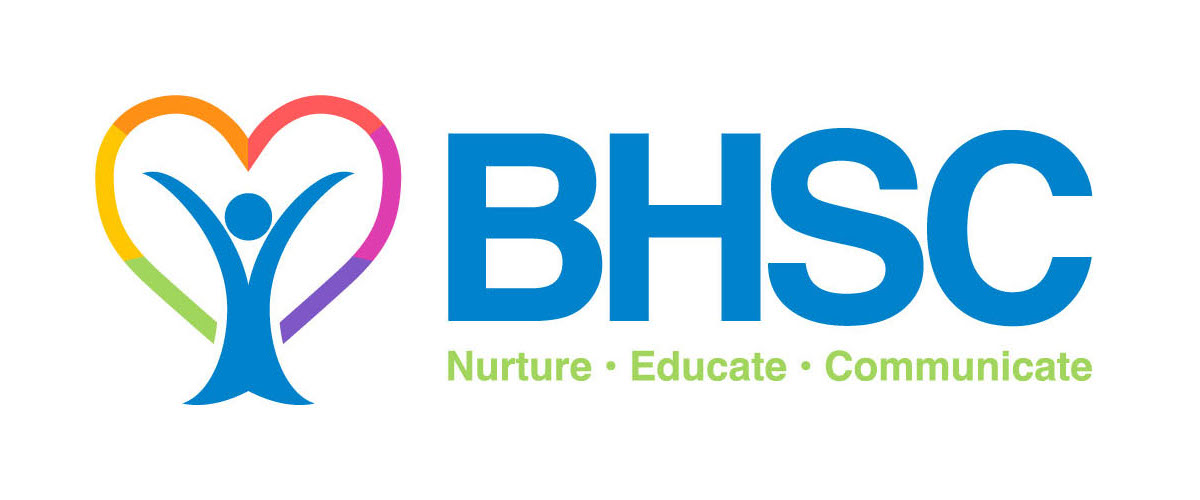A couple of days ago a mom stopped and asked me if I had any ideas on how she might get her chidlren ready to start school. She admitted that its been the furthest thing on her mind but when a school supply list arrived at their house she thought she should get serious about getting her children prepped for the new school year. So I thought I would re-heat and update a bolg I wrote in 2012 and share it once again with parents thinking about issues related to the rigning of school bells for the 2016-17 school year…
After a summer of hectic schedules, family vacations, camps, day trips, and the general challenge of keeping their children occupied and interested in home life, most parents are now at the point of needing some back to school relief. A familiar refrain in a lot of homes is- when is school starting?
Well not to disappoint, it’s that time of year once again, a time when parents rejoice and children groan. That’s right – it’s back to school time. But before you breakout the backpacks and the pencils, ask yourself this question – are you and your child fully prepared for the year ahead?
If your child has not already started back to school, sometime within the next couple of week’s public school children all over WNY will be getting ready for their return to the first day of the new school year.
I was thinking about a few things that can help you get your child emotionally and physically ready to get back into the school routine.
1. Get a feel for your child’s school, classroom and teacher. Visit the school and talk with an administrator, email the new teacher, go to your schools website in order to give yourself some sense of what your child will be experiencing with the school and classroom culture, climate and expectations. This is especially important if your child is changing schools or attending a new school for some reason.
2. At least three weeks before the actual school bell rings get your child back into a school routine. Obviously during the summer break home routines change, bedtimes are later, getting up in the morning is less structured. You will want to start routines that will support your children getting up and getting ready on time for the school bus by prepping and teaching them to get organized and be prepared for an on time and healthy start to the school morning.
3. At least 2-3 times per week in that month before school spend at least 30 minutes with your child reading and going over some of the basic 3 R’s. While school should be fun for any child, they are in school to learn and your helping to get them ready to learn will go a long way in making the back to school transition a smoother experience. Many children typically may experience some level of “summer regression” and helping them review some of the academic skills and information they already have learned will be a big help in getting them ready for their new grade.
4. Don’t wait until the day before school to get school supplies. Go shopping for school supplies a couple of weeks before school. Most children look forward to school supply shopping and parents can use this necessary shopping trip to talk about school and how much fun it is going to be to learn some new things and be with friends. They can also reinforce with their child how important it is to be ready every single day for school.
5. Plan to meet and greet – The first day of school has arrived. This is a big day for you and your child. This is the time to go with your child on his first day and introduce yourself to the teachers. As your child settles into his classroom, you can have a quick sidebar with the teacher to find out who he is and what he’s planning to teach your child. Be sure to exchange contact information with the teacher. The teacher should provide you with a copy of a lesson plan or syllabus that gives you the gist of what will be taught in class. Don’t be afraid to ask questions of everyone you meet. You and the teachers should work together for the benefit of your child.
Once school has begun, make sure that you get your child to school every day. There has been much written about the effects of regular school attendance (and truancy) on the learning outcomes and academic development of children. This often is debated particularly with young children where parental thinking may be that at “this age” it is not so important that my child attend classes every single day.
School and play are the “work” of a young child. Most school programs are designed to offer your child opportunities to learn and play during the course of their school day. This is important for your child not just because of the academic significance for what they are learning, but it is equally important in a social-emotional developmental sense as well. When your child attends school on a regular basis, they take an important step towards reaching their full potential, and are given the greatest opportunity to learn new things and develop their skills and personality.
The more time they spend around other children, whether in the classroom or as part of a school team or club as they grow older, the more chance they have of making friends and feeling included, boosting social skills, confidence, and self-esteem. How your child feels about himself or herself, and how confident they feel about their own learning abilities, will have a definite relationship to how well they achieve in their subject areas as they grow older.
In the course of your child’s life there will be times where they legitimately must stay home from school due to illness, family circumstances, or other important reasons. However, there will be times that your child will simply resist getting up and getting ready for school. This is normal, especially during the early school years when they might rather just stay home with mom or desire to stay home just to play. Dealing with a child’s resistance to go to school is often a battle of wills between the child and the parent. Unfortunately, in many cases the child wins and a parent decides that is just easier to let the child stay home for a day and to miss school.
To put this in some perspective- if a child is absent just one day a week, over the course of their school career they will miss two years of schooling. Helping your child develop good attendance habits from an early age can help to foster good work habits which will carry through to their adult and working life.
Preventing early morning power struggles over going to school is the best way to handle your child’s opposition to leaving home and going to school. The best advice in this regard is, “Routine is the key to success”.
At home, routine especially for young children is the key to making simple changes for success. Routine provides a stable predictability for a child. It is something that they crave even though they may look and sound like they are protesting it. Routine is also your best antidote to early morning meltdowns over going to school. Here are some practical suggestions to help with a establishing and maintaining routine in your home that is designed to reinforce good school attendance habits:
► going to school unprepared can be a major worry for children – help by checking schoolbags the night before, packing P.E. bags and keeping an eye on homework progress. Be engaged daily with what your child is doing in school. You are after all your child’s “first teacher”.
► tired children aren’t punctual and find it hard to learn, so ensure your child has a sensible bedtime. This may be one of the most important things that is often missing with children sitting in our classrooms, they are too tired to learn. Children need sufficient rest as a part of their healthy growth needs. Young Pre-K and Kindergarten children must have 10-12 hours of sleep per evening.
► help your children get into a regular routine and set the alarm at the same time every morning. Young children feel secure with boundaries in their life. This particular boundary can help to habituate a desired behavior in getting up and getting ready for school each and every morning.
► make time for breakfast so there are no shop stops where children can get side-tracked on the way to school. Considered the most important meal of the day for preparing your child to learn, breakfast cannot be overlooked in the hustle and bustle of the morning to getting children up and ready to leave for school.
► children as they grow older can become unsettled if they have to go into school late and without their friends – getting children to school in time to meet friends, teachers and school staff prevents this.
► have a memory board at home for special trips or activities – the board will help your children remember to tell you and help you remember to prepare them for it. Any kind of visual aid will help your child to get ready for what is upcoming for them in school. It is a great cognitive behavioral reminder to end each day with, and the start each morning with. Build it into your routine and this will help you alleviate the occasional barrier your child will put up over attending school.
► remember, try to develop good attendance habits from the very start. Good school attendance behaviors are the responsibility of the parent to help foster and reinforce with their children. It is much easier to deal with school attendance resistance in the early years rather than later when they become school age or high schoolers.
I hope this gives you some sense of how important the parental role is in supporting a positive school experience with your child. You and your child’s teachers are partners in education. With both of you working on behalf of your child you will see that children are natural learners and school can [and should be] be a fun and positive experience for all children.
At Buffalo Hearing & Speech Center we can’t wait for our children to be back at school and in our classrooms ready to learn, grow and have some fun.
Be well, joe cozzo




